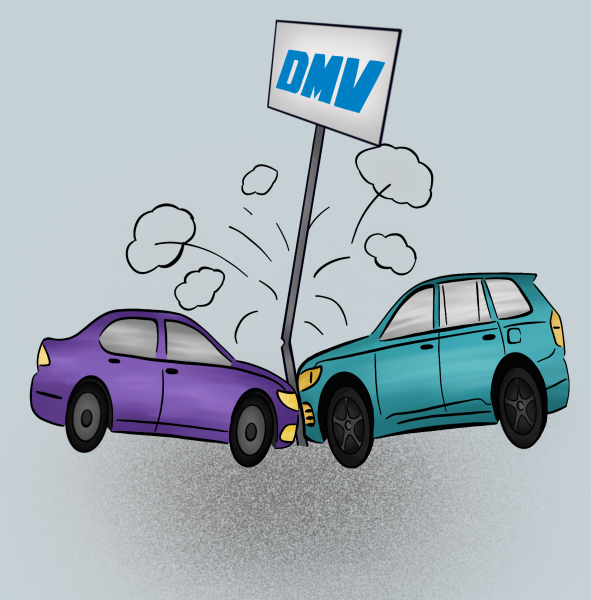Animal Testing Unreliable, Expensive, Unjust
November 17, 2016
Why don’t we treat all animals they way we would want to be treated ourselves?
Animal rights have been set aside in favor of scientific research and testing. The Animal Welfare Act, which is the only federal law regarding the safety of laboratory animals, provides minimal protection for a limited number of species. It excludes mice, birds, and rats, which make up about 90% of all laboratory animals. These animals are legally abused by scientists.
This is wrong.
Animals have rights, and they must be protected. Human beings are animals. Human beings have rights. Wouldn’t it follow that other animals would have those rights too?
In addition, animals are biologically different from humans and therefore make poor test subjects when trying to determine how a substance might impact humans. If scientists rely on animals for testing, the possibilities will always be limited. For example, Aspirin was almost shelved away because it was harmful to many animal species. On the other hand, if certain medication is not harmful to animals, there is always the chance it will be harmful to humans. According to the Food and Drug Administration, 92% of drugs reported safe for animals are not approved for humans.
No matter what percentage of genes we might share with animals like rats or chimpanzees, it is not 100%. There will always be room for error.
Animal testing can be substituted with more practical, more accurate and less expensive alternatives. Using human-derived cells to form exact replicas of human organs spares the pain animals have to endure, provides more accurate results, and costs significantly less than using animals.
In addition, computer-modeling techniques can be used to test drugs and chemicals for humans. This procedure is more efficient, safe, and it allows scientists to control and variate the subject being tested multiple times for accurate results.
Finally, laboratory animals experience cruel living conditions where they have no control over lifestyle choices we humans often take for granted, such as choosing when and what to eat or where and when to sleep.
Animals are not ours to cage and torture. We do not have that right. Millions of animals are injected with diseases they would normally never contract, are forced to become addicted to drugs, and are repeatedly brain-damaged. Tiny mice grow tumors larger than their own body. Skulls are opened to shove in electrodes and wires. Experimenters let animals starve, burn, drown, and be poisoned.
Is it worth it? Absolutely not.
No matter how small and numerous an animal’s species might be, humans do not have the right to control it. It is not right to treat animals as “tools” or “models.” No matter what the benefits are from animal testing, the unethical, immoral consequences can not be justified.



